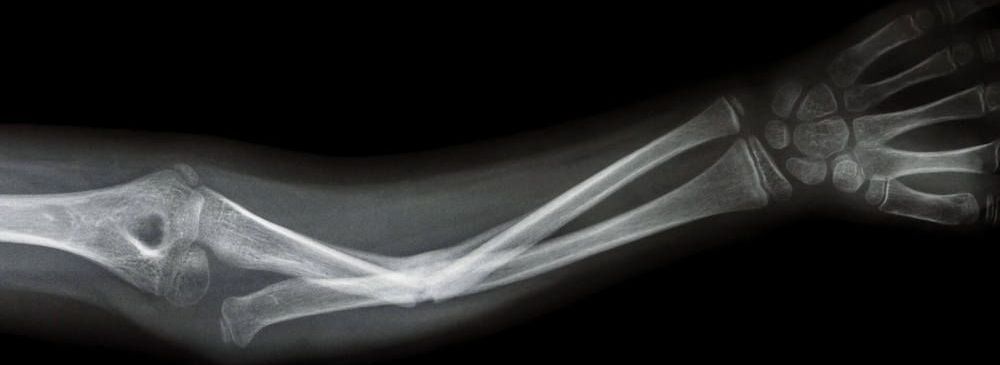When you were a kid, did you ever sign a classmate’s cast after they broke an arm or a leg? Your name would be on display there for the rest of the semester. Broken bones are one of the worst trade-offs in childhood—a few seconds of calamity followed by months of boring rest and recovery. But children in the future may have a different story to tell as emerging tech overhauls how we fix broken bones.
Carbon nanomaterials may have the power to heal bones faster than a Harry Potter fan can say ‘Brackium Emendo!’ Researchers from Stefanie A. Sydlik’s team at Carnegie Mellon University have tested a new formulation of graphene that is biodegradable, mimics bone, attracts stem cells, and ultimately improves how animals can repair damage to their skeletons.
As reported in PNAS, this phosphate graphene serves as a scaffold, allowing the body’s own cells to more rapidly reform the missing or damaged bone. The technique has already shown success in mice. As this technology matures it could become a vital part of orthopedic medicine, helping us recover faster with stronger, healthier bones.
